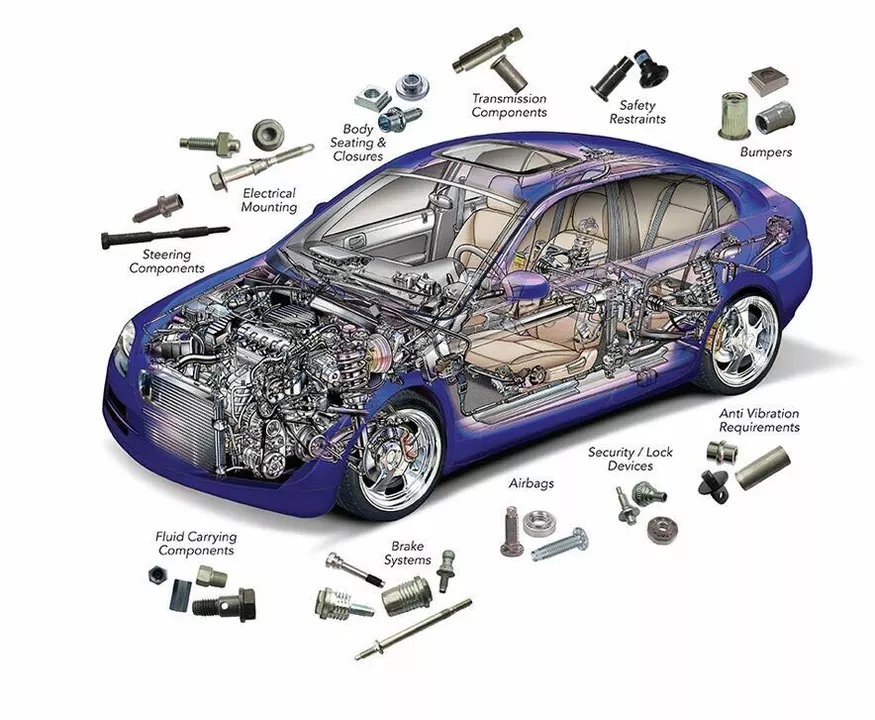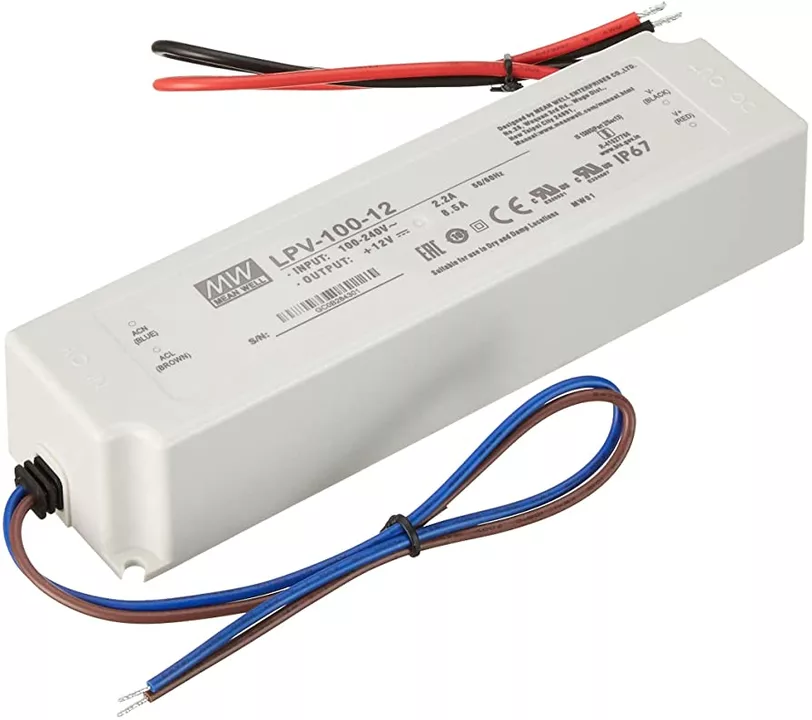How much does it cost for 1 lap of MotoGP racing?
Hold onto your helmets, folks! We're about to dive into the question that's been burning rubber in your minds: "How much does one lap of MotoGP racing cost?" Now, I'm not pulling your brake cables here, but it's a pretty penny! With costs for bikes, maintenance, team salaries, and transport, a single lap can cost anywhere between $1,000 and $2,000. So next time you're watching those speed demons zoom around the track, remember, it ain't just about the thrill, there's some serious coin being burned on that asphalt!











